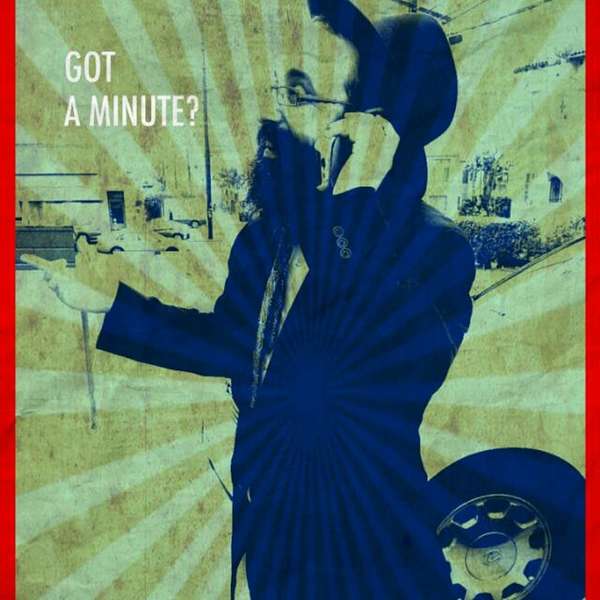
One Minute Of Torah
Start your day with an inspiring meditation! Listen to a thought-provoking Torah minute. This is the Best Way To Start Your Day! Rabbi Moshe Levin is a world-renowned scholar and author. He serves as Rabbi and Spiritual leader of congregation Bais Bezalel Chabad in Los Angeles. 📲If you have any questions or comments, feel free to WhatsApp Rabbi Levin @ +1 323-252-3159 or email mosheylevin@gmail.com
One Minute Of Torah
Which Couple Has The Most Love?
You attend a wedding and beneath the chupa, you witness three couples: the enamored, excited bride and groom, and the emotional, teary-eyed parents of the bride and groom. Who possesses a greater love for one another: the parents or the newlywed couple?
Good morning! In Chapter 24:14 of last week's portion, the Torah discusses those exempt from serving in battle and outlines three types of exemptions, including someone who has recently married. The Torah states that this individual should be free to be home, with no other responsibilities, in order to celebrate the person they just married.
The Sefer Hachinuch explains that love takes time, and by remaining together and avoiding separation for any reason, their bond will solidify. This closeness will naturally foster attachment and attraction between them.
There is an interesting discussion regarding the Torah's use of the word "celebrate" or "rejoice" in relation to the woman. Does it mean to rejoice with her or to make her rejoice? Targum Yonatan suggests rejoicing with her, while Rashi dismisses this interpretation, asserting that anyone who claims otherwise is mistaken. The Zohar supports his view, stating that it's not referring to your own joy but to cause your bride to rejoice.
Perhaps Rashi's strong words are intended to debunk a common misconception that marriage is a beautiful box filled with all the things one desires, such as intimacy, companionship, and friendship. The Torah's instruction to cause her to rejoice suggests that marriage is an empty box that requires something to be put in first. Romance doesn't automatically exist within marriage; it must be infused into the relationship. "Cause her to rejoice" means learning the art of loving, praising, and giving in order to keep the box full.